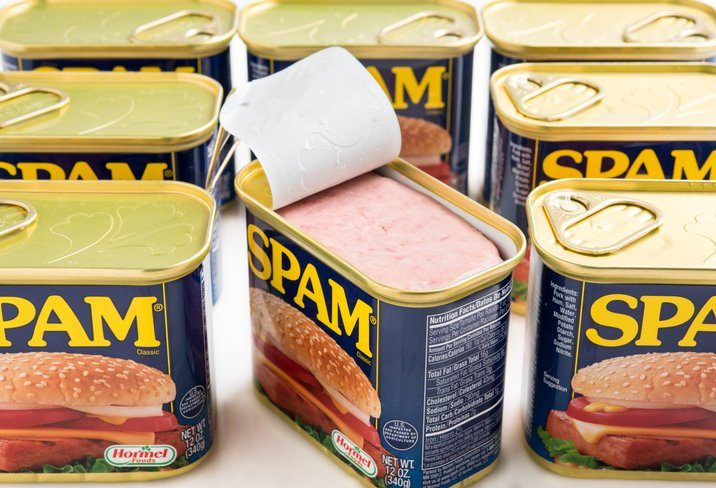Article
Are Link Shorteners Diminishing Your Email Deliverability?
April 11, 2018

We love a good link shortener. Our own branded Bitly links are highly shareable (and trackable) so we use them on social media all the time. Consumers love a good link shortener, too. A branded link conveys trust and Rebrandly research found that branded shortlinks have a 39% higher clickthrough rate. However, that’s not to say we love link shorteners unconditionally, since they also have a negative effect on email deliverability.
There are countless options, such as Bitly, branch.io, ClickMeter, Clkim, Goo.gl and TinyURL, just to name a few. As an email service provider, we advise clients to avoid using link shorteners in email messages. We believe transparency is a best practice.
But the fact remains, using link shorteners in email is a best practice to some people: spammers.
Diminishing deliverability and compromising data
Spammers use shared domain link shorteners to direct people to malware and viruses. The final destination is disguised, allowing them to sneak past the ISPs that might otherwise filter their messages into the Spam folder. This eventually catches up to them and hurts their reputation. However, using the shared link shortener can also hurt yours, as well as your deliverability.
Even if you have good intentions, using the same link shortener as a spammer will get you blacklisted as collateral damage. Being blacklisted hurts your reputation, something that holds much more weight for mailing databases than an email’s quality and content.
Link shorteners can also compromise your data. Because the URLs are so short, they’re easier for attackers to scan, resulting in the unintended consequence of the longer URLs becoming public and discovered by hackers. Two researchers spent a year and a half inspecting shortened URLs from Microsoft OneDrive cloud storage and Google Maps. They found thousands and thousands of URLs that led directly to individual OneDrive files and folders, and directions to addresses associated with specific Google accounts. Though Google and Microsoft have since rectified this issue, it demonstrates the vulnerability of link shortening.
Goo.gl is “Out of control”
Rob McEwen — founder and CEO of the invaluement.com Spam Database and Blacklist Check (DNSBL), which includes two senders’ IP anti-spam blacklists and a URL anti-spam blacklist — is particularly skeptical of goo.gl. To put it succinctly, McEwen’s believes goo.gl is “OUT OF CONTROL.”
“Along with blackhat spammers, we’re seeing evidence that many gray-ish hat spammers are jumping on this bandwagon in the hopes that they will get more email delivered if they can avoid using their domain in the clickable links,” says McEwen. “If a marketer is doing things the right way, they should have no need to obfuscate their own domain name. They should instead proudly use it and not feel the need to hide behind Google’s shortener.”
Of course, there are many legitimate ways to use link shorteners. But email databases don’t always see it that way. In the end, it’s best to save it for social and keep shortened links out of your email messages.
The State of Brand Loyalty in the U.S. in 2023
Related



